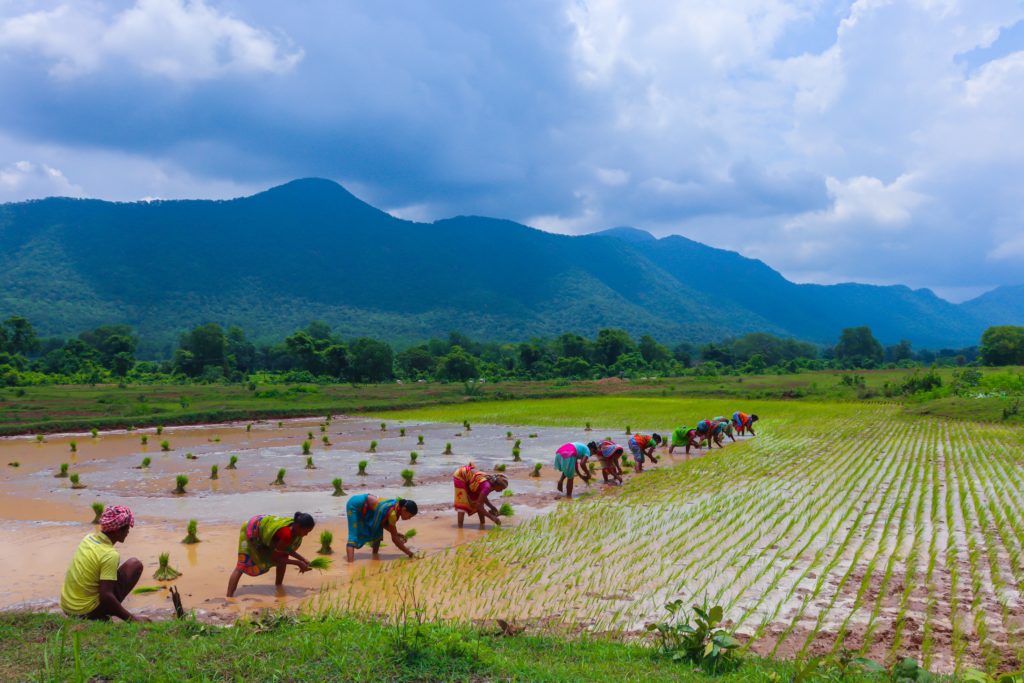The Agriculture sector of South Africa is an integral part of the nation’s economy. The contribution of the agriculture sector to the South African economy is significant. It accounts for over 8% of the country’s GDP and employs more than 1.5 million people. It is also responsible for providing the majority of the nation’s food, making it a vital part of the nation’s food security. In addition, it is responsible for providing a large portion of the nation’s exports, which helps to drive economic growth and development.

Starting an agriculture business in South Africa is a great opportunity for entrepreneurs. There are several state concessions and agendas that reinforce those looking to start an agricultural business. If you want to start a farming business in the country, this article will teach you a lot about how to get started. But first, let’s look at some of the advantages and requirements of starting an agribusiness in South Africa.
Benefits of agribusiness in South Africa
The South African market is large and diverse, making it an ideal place to start an agricultural business. With a population of over 57 million people, there is a large consumer base for agrarian products. Additionally, the country is well-connected to the rest of the world, allowing for easy access to global markets. This makes it possible to export agricultural products to other countries, further expanding the potential customer base.
The climate in Africa is also highly conducive to farming production. The country receives ample sunshine and rainfall throughout the year, ensuring that crops can be grown in abundance. This makes South Africa an ideal location for agrarian industries that require consistent growing conditions. Furthermore, the country has a wide variety of soil types, which can be used to grow a variety of different crops.
Requirements for agribusiness
To ensure that the business is compliant with the laws and regulations of Africa, five types of licenses must be obtained.
Business License
The first license required is a corporate license. This license is issued by the local municipality and is necessary for all businesses operating within South Africa.
Zoning permit
The zoning permit is issued by the local municipality and is necessary to ensure that the firm is operating in an area that is zoned for agricultural activities.
Food safety permit
This license is issued by the Department of Health and is necessary to ensure that the food produced is safe for consumption.
Water use permit
It is issued by the Department of Water and Sanitation and is necessary to ensure that the firm is sustainably using water.
Environmental permit
Finally, the fifth license is an environmental permit, which is issued by the Department of Environmental Affairs and is necessary to ensure that the firm is operating in an environmentally responsible manner.
Methods of starting an agribusiness
To get started, the following five steps should be taken:
- Market research
Research the local market and the types of products that are in demand. This will help you to decide which type of agriculture business to pursue.
- Corporate plan
Create a corporate plan that outlines the goals, objectives, and strategies of the firm. This plan should also include a budget and timeline for achieving those goals.
- Obtain permits
Obtain the necessary permits and licenses mentioned above. These will ensure that the firm is operating legally and under local regulations.
- Get funds
Securing funds for your business is an essential step. This could include loans, grants, or investments from family and friends.
- Spot the land
Find the right location for your products. This should be a place that has access to water, land, and other resources needed for the business to thrive.
You may also find these articles helpful
Start an agriculture business in Italy
Start an agriculture business in Kazakhstan
Start an agriculture business in Kosovo






